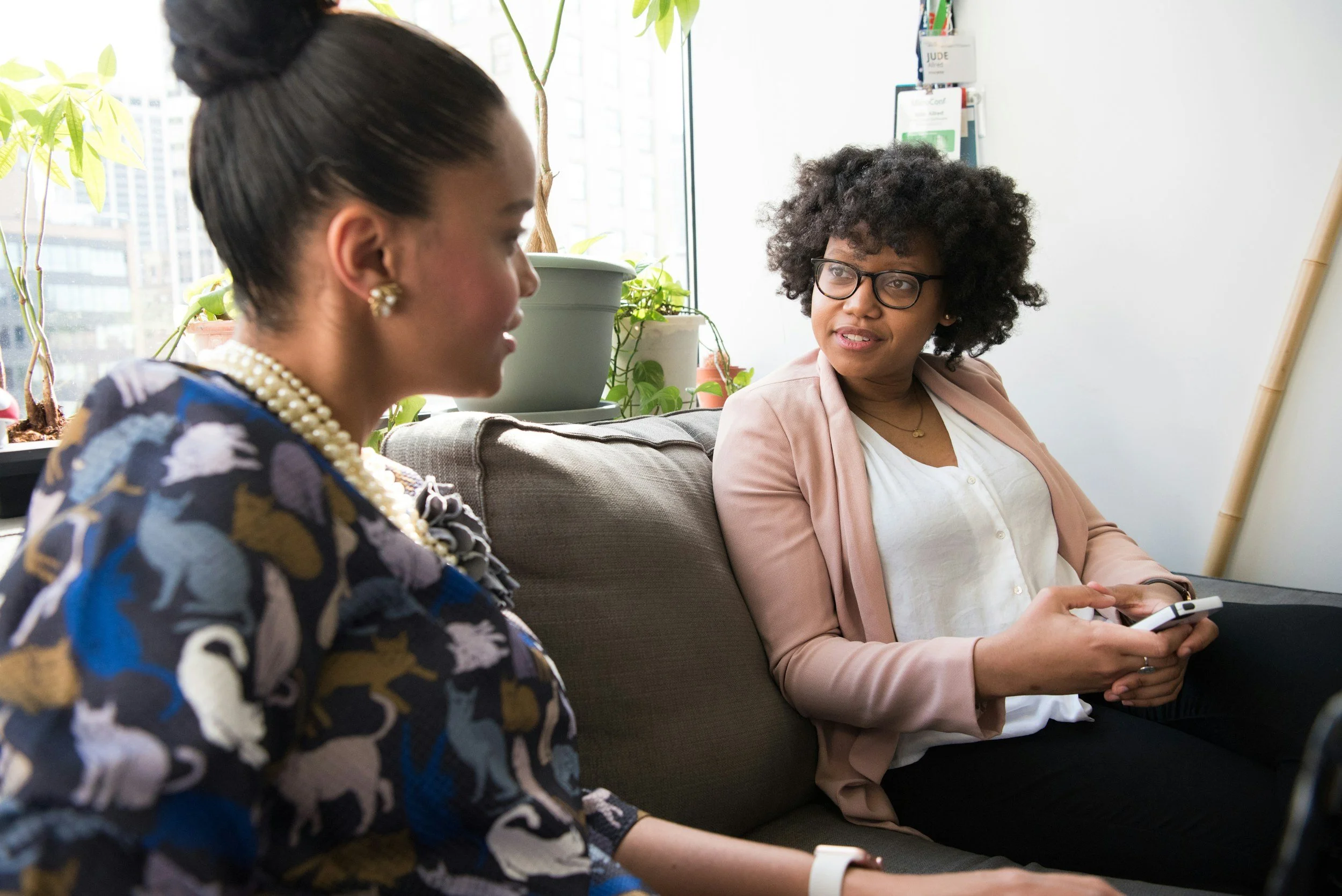
FAQs: How to Get Help
Questions about therapy, counseling, safety planning, and other resources
Every single person deserves respect, compassion, support and help when they feel challenged, worried or don’t know what is ok - whether it is their own behaviors and feelings they are questioning, or someone else's. If you are a young adult or a youth, help is available! No one has to go it alone.
There are some different ways to find help. Often, the best help will come from a specialized professional who has experience working with individuals with concerns about their sexual behaviors or with people who have been sexually abused (or both).But the first step is to reach out to someone - and we can help support you. needs.
If you don’t know how to ask for help, are worried about your parents’, friends’ or anyone else’s reactions, or have asked for help and were told “no” for one reason or another: don’t give up. There are people who understand, who care about you and who want to help. You can ask for help.
Our free, confidential Helpline is here to help you navigate uncertainty, access information and connect with resources and support. Text 1.888.532.0550 to get started.





